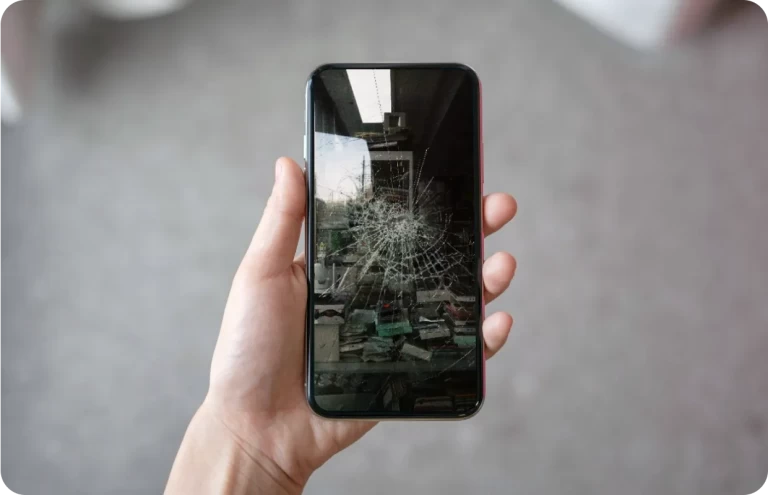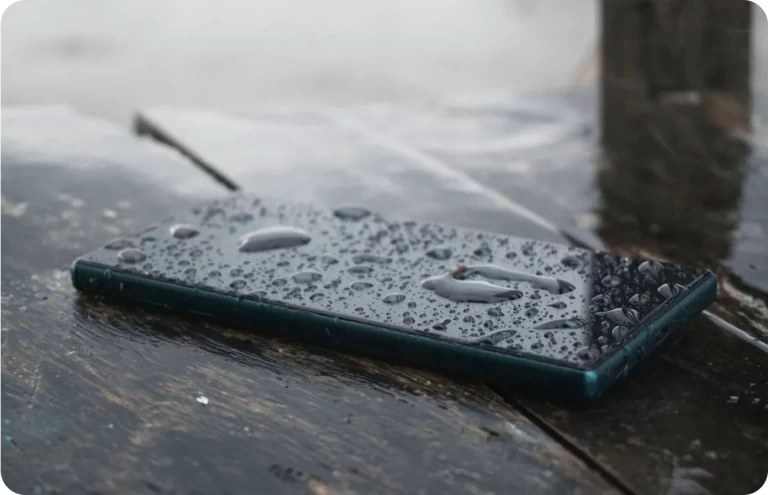iPhone: LCD Vs OLED Screen Repairs
Choosing an LCD or OLED screen for your iPhone screen repair
For iPhones originally equipped with an OLED screen, including the following models:
iPhone X
iPhone XS
iPhone XS Max
iPhone 11 Pro
iPhone 11 Pro Max
iPhone 12 Mini
iPhone 12 / 12 Pro
iPhone 12 Pro Max
iPhone 13 Mini
iPhone 13
iPhone 13 Pro
iPhone 13 Pro Max
iPhone 14
iPhone 14 Plus
iPhone 14 Pro
iPhone 14 Pro Max
iPhone 15
iPhone 15 Plus
iPhone 15 Pro
iPhone 15 Pro Max
Other than the Pulled/Refurbished OEM offering, we also offer two third-party screen replacement options:
OLED Screen (our recommended choice, with a lifetime warranty)
LCD Screen (alternative option, still, with a lifetime warranty)
While OLED screens are the original and recommended choice for these devices due to their superior
performance, we understand they are more costly. Therefore, we also offer a more affordable LCD
option.
Reasons to Choose OLED:
Designed for OLED: These devices were designed with OLED screens, ensuring optimal compatibility
and performance. Although more expensive, OLEDs deliver the best results.
Wider Viewing Angles: OLED screens provide a viewing angle of approximately 170 degrees. Unlike
LCDs, which rely on backlighting and may be difficult to view from certain angles, OLEDs emit their own
light, offering a broader and more consistent viewing experience.
Lower Power Consumption: OLEDs consume less power than LCDs because they do not require
backlighting, which is particularly beneficial for battery-powered devices, enhancing battery life and
efficiency.
Superior Picture Quality: OLED screens use additional white light to create richer, more varied, and
realistic colors compared to traditional displays, providing the highest image quality for those who
prioritize visual excellence.
Reasons to Choose LCD:
Lower Price-Point: LCD screens tend to be cheaper than their OLED counterparts, making them a great option for older devices that have less resale value. LCD panels for newer models will often achieve a greater price saving as the OLED technology becomes more advanced.
Durability and Screen Burn: LCD screens are usually thicker and more robust than OLED screens, though this is not always the case. LCD screens are also more resistant to screen burn, often referred to as ‘burn-in”, where liquid crystals in the screen become polarised by persistent use of static images, leaving a persistent ghosted image noticeable on the display. As OLED technology advances however, the gap between the two is becoming shorter.
Note on LCD Compatibility:
In rare cases, some models may reject LCD screens and require an OLED upgrade. If this occurs, we
will only charge you the difference between the two screen costs. At Pocket Geek, we offer a lifetime warranty on both OLED and LCD screen replacements, ensuring
you receive reliable and high-quality service regardless of your choice.


